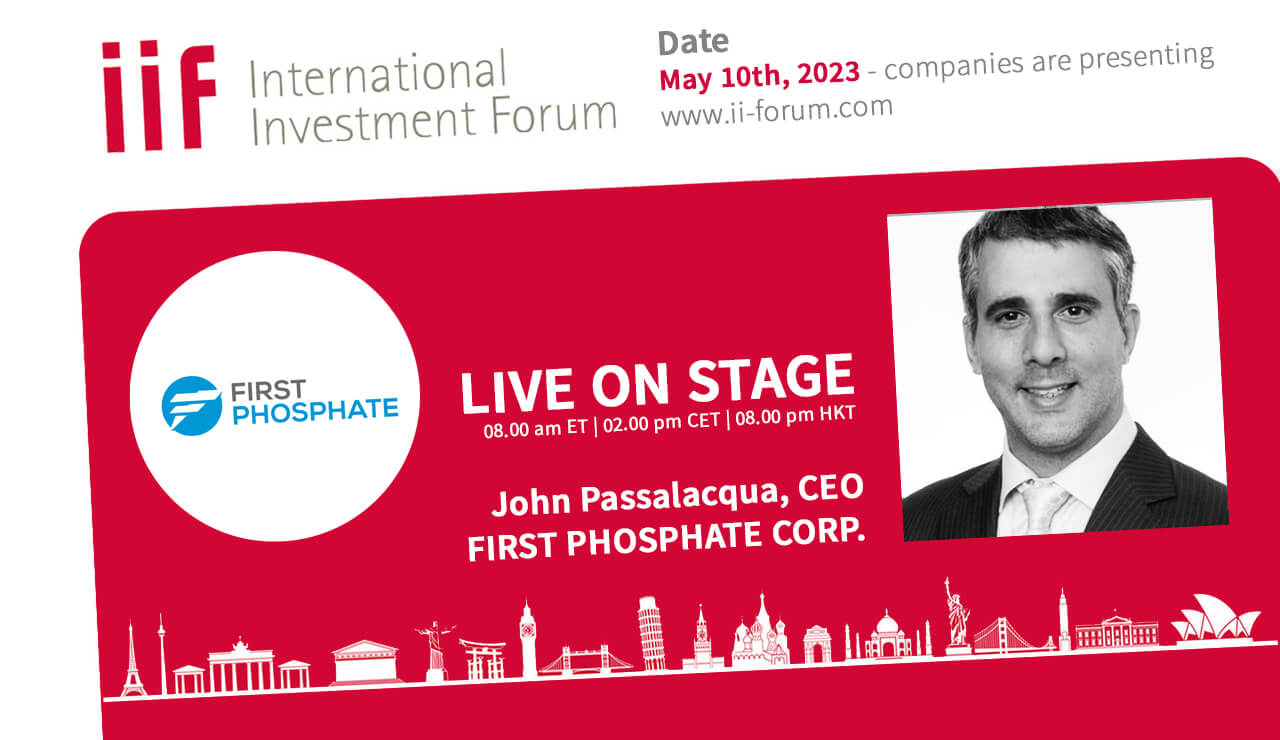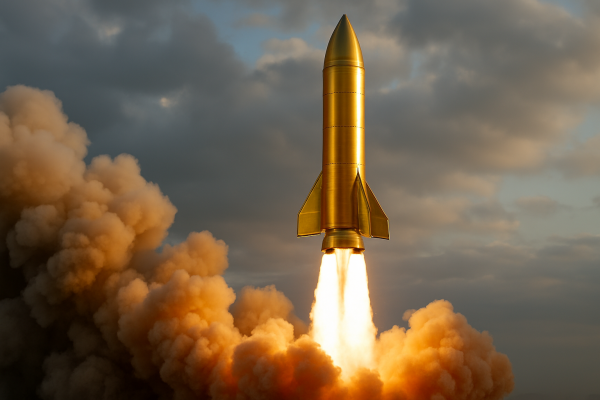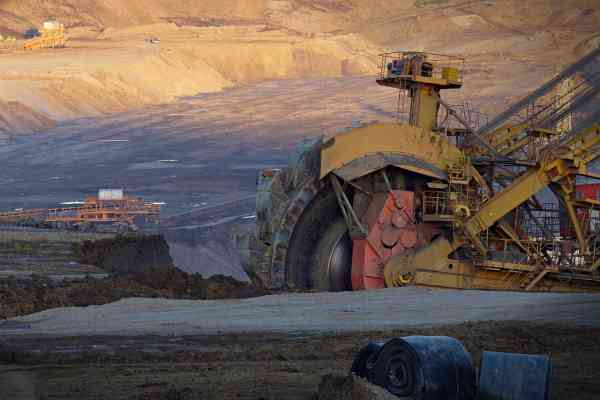May 8th, 2023 | 07:10 CEST
This battery technology is conquering the West: Mercedes-Benz, BYD, First Phosphate
The days when Chinese companies imitated German products and even copied them brazenly are long gone. At best, Chinese companies are still borrowing from German products in terms of design. When it comes to the technology itself, the Chinese have long been leaders - especially when it comes to batteries for electric cars. BYD, for example, has been producing lithium iron phosphate (LFP) batteries for a long time and uses them in its cars. Now the technology is spilling over into the West. We show what opportunities could arise from this.
time to read: 3 minutes
|
Author:
Nico Popp
ISIN:
MERCEDES-BENZ GROUP AG | DE0007100000 , BYD CO. LTD H YC 1 | CNE100000296 , FIRST PHOSPHATE CORP | CA33611D1033
Table of contents:

"[...] Silumina Anodes® is a ceramic-coated graphite/silicon anode composite material that we plan to produce in Schwarze Pumpe, Saxony. Here, we aim to supply manufacturers of batteries for e-cars with an application-ready drop-in technology that is low-cost, high-performance and safe. [...]" Uwe Ahrens, Direktor, Altech Advanced Materials AG
Author
Nico Popp
At home in Southern Germany, the passionate stock exchange expert has been accompanying the capital markets for about twenty years. With a soft spot for smaller companies, he is constantly on the lookout for exciting investment stories.
Tag cloud
Shares cloud
Mercedes-Benz and Ford on the trail of BYD
Anyone who has read up a little on electricity storage and has a certain environmental awareness has long favoured lithium iron phosphate batteries. In addition to a longer shelf life, these batteries are also hardly flammable and do not require cobalt, which in the past has repeatedly been suspected of being mined in an unsustainable manner. Lithium iron phosphate batteries are therefore considered the next generation of electricity storage. While the batteries are already installed in BYD cars, Mercedes-Benz plans to switch to this innovative technology from 2024. The Swabians are thus taking up a trend that has gripped the entire car industry. Ford is also planning to use the technology in its cars.
In Michigan, an LFP factory will be built specifically for this purpose at a cost of USD 3.5 billion, which will go into production from 2026. The factory will be built in cooperation with the Chinese CATL Group, which has always been a pioneer in electricity storage. Ford's mission sounds challenging, but according to experts, it should be achievable: The move towards lithium iron phosphate batteries should bring nothing less than more power, less charging time and a lower price. At a time when modern cars are measured less by chassis and engine and more by battery and software, Western carmakers, in particular, are under pressure to match the upstarts from BYD.
First Phosphate promotes the battery raw material of the future
While competing with the Chinese in the domestic market may be difficult, there is still hope in the US and Europe. The Canadian company First Phosphate is preparing to produce the phosphate needed for lithium iron phosphate in battery quality and to process it accordingly. To this end, the Company is operating a project in the Canadian province of Québec. "Our main properties are a maximum of 145 km from a deep-water port in Saguenay and are located near the city of Saguenay, which also has an airport. Other advantages include good road access and clean and economical energy from hydroelectric power. All of these factors ensure that we will be able to extract phosphate for the LFP battery and that we will also be able to do so in a completely environmentally sustainable way," First Phosphate CEO John Passalacqua commented in an interview at the end of March.

Up to now, phosphate has primarily been extracted for agriculture. Many production sites are reaching their limits, and a supply deficit is obvious. First Phosphate could enter the market at the right time with its Lac à L'Orignal project. At the end of the year, the Company plans to publish a preliminary economic assessment (PEA). But the key data so far are also impressive: "At Bégin-Lamarche, we have taken rock samples that show grades between 10 and 15%. These are excellent values for the region. We have started drilling at Bégin-Lamarche. The grades, the economic situation and the support from local interested parties are very promising," says Passalacqua, who sees further exploration potential. First Phosphate's successful IPO a few months ago also shows how promising the project is. Although the share price fell significantly during a capital increase, the new funds will be used for exploration. Especially because many carmakers are relying on lithium iron phosphate technology and building up capacities, the First Phosphate share could become even more interesting. The share is worth a look after the price drop.
Although the share of the Canadian mining company must be considered significantly more speculative than, for example, Mercedes-Benz or BYD, the investment story is at the same time less complex. While Mercedes-Benz has to fight against the market weakness in China and the backlog in battery technology and BYD, on the other hand, is struggling to get a foothold in the US and Europe, First Phosphate's phosphate deposits and project economics are the only decisive factors. The young company already has enough potential customers. As long as the step to production or the sale of the project succeeds, shareholders are likely to make their cut. CEO Passalacqua presents live at the International Investment Forum on May 10 at 2 p.m.. Interested participants can ask questions.
Conflict of interest
Pursuant to §85 of the German Securities Trading Act (WpHG), we point out that Apaton Finance GmbH as well as partners, authors or employees of Apaton Finance GmbH (hereinafter referred to as "Relevant Persons") may hold shares or other financial instruments of the aforementioned companies in the future or may bet on rising or falling prices and thus a conflict of interest may arise in the future. The Relevant Persons reserve the right to buy or sell shares or other financial instruments of the Company at any time (hereinafter each a "Transaction"). Transactions may, under certain circumstances, influence the respective price of the shares or other financial instruments of the Company.
In addition, Apaton Finance GmbH is active in the context of the preparation and publication of the reporting in paid contractual relationships.
For this reason, there is a concrete conflict of interest.
The above information on existing conflicts of interest applies to all types and forms of publication used by Apaton Finance GmbH for publications on companies.
Risk notice
Apaton Finance GmbH offers editors, agencies and companies the opportunity to publish commentaries, interviews, summaries, news and the like on news.financial. These contents are exclusively for the information of the readers and do not represent any call to action or recommendations, neither explicitly nor implicitly they are to be understood as an assurance of possible price developments. The contents do not replace individual expert investment advice and do not constitute an offer to sell the discussed share(s) or other financial instruments, nor an invitation to buy or sell such.
The content is expressly not a financial analysis, but a journalistic or advertising text. Readers or users who make investment decisions or carry out transactions on the basis of the information provided here do so entirely at their own risk. No contractual relationship is established between Apaton Finance GmbH and its readers or the users of its offers, as our information only refers to the company and not to the investment decision of the reader or user.
The acquisition of financial instruments involves high risks, which can lead to the total loss of the invested capital. The information published by Apaton Finance GmbH and its authors is based on careful research. Nevertheless, no liability is assumed for financial losses or a content-related guarantee for the topicality, correctness, appropriateness and completeness of the content provided here. Please also note our Terms of use.




